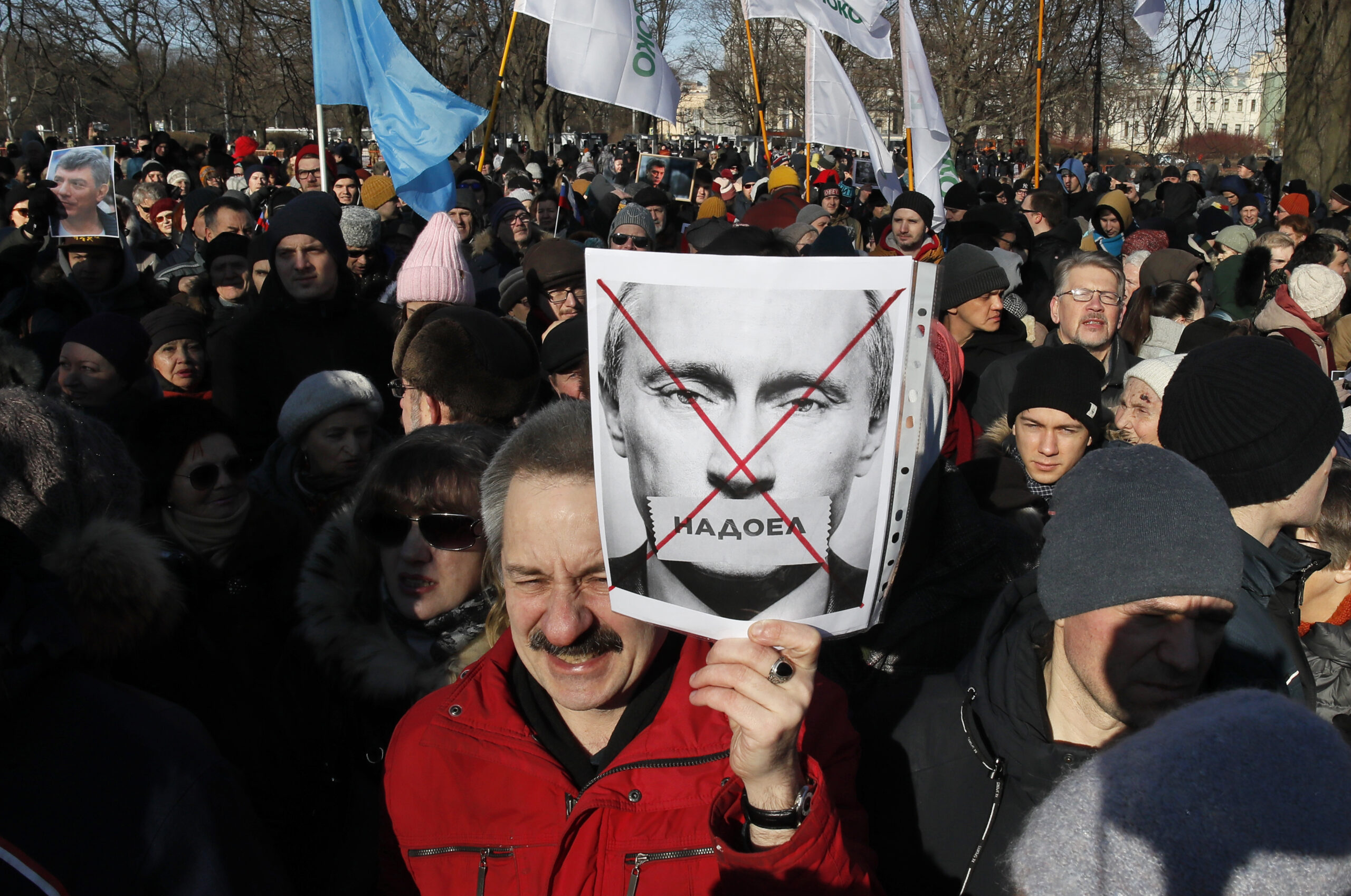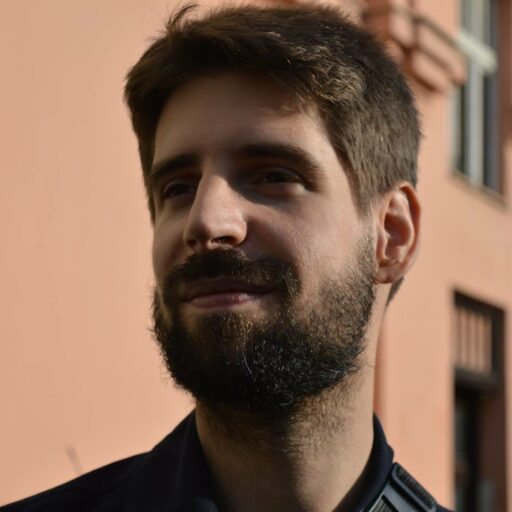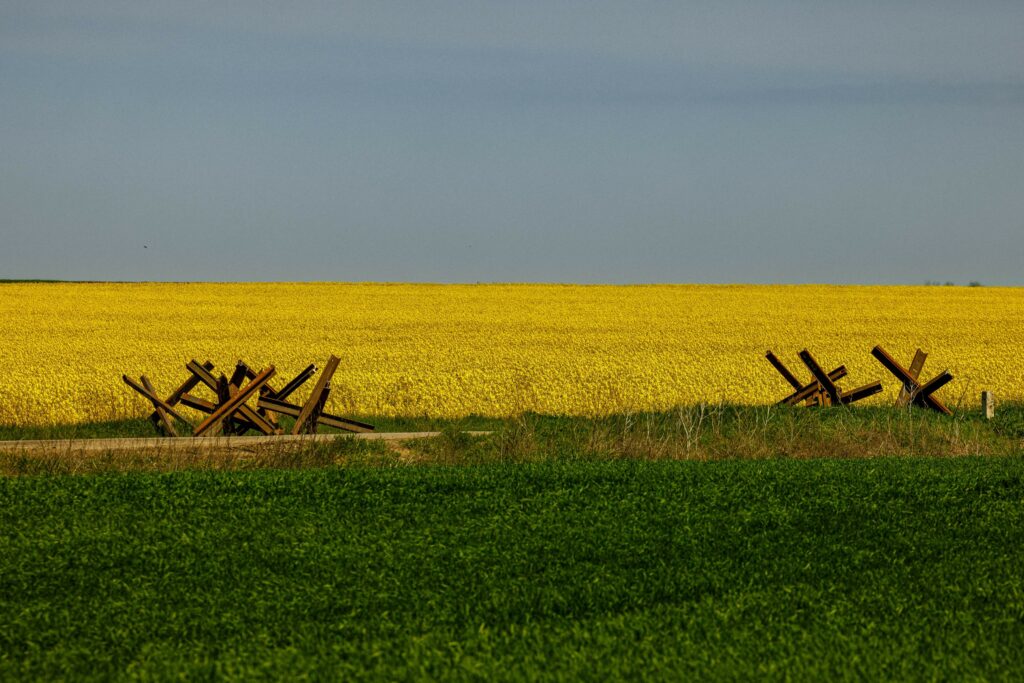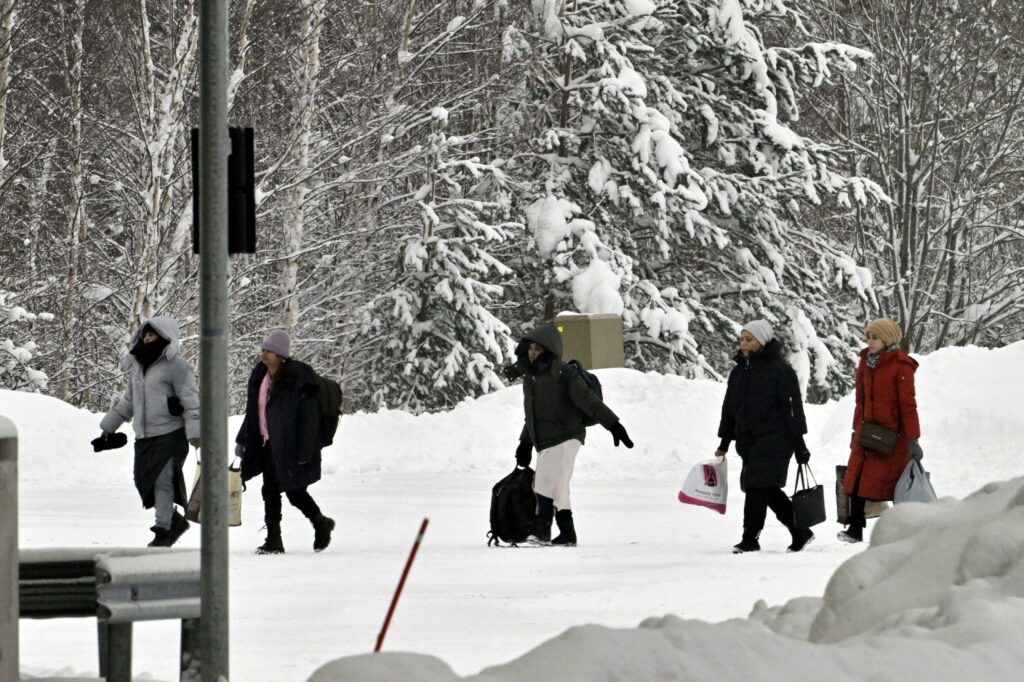Russia’s liberal opposition — now mainly in exile — appears to be increasingly singing from different hymn sheets to Ukrainian officials and activists. This perception is mainly visible in public statements, interviews and on global social media channels. Strikingly, discourse on the subject is primarily developing in English, with Ukrainians shunning the Russian language as a part of a cultural trend, while using English to seek out and persuade a global audience.
The aim of the article is not to artificially build bridges between the Ukrainian national interest — as articulated bysupporters and members of the Zelensky administration — and the interests of the Russian liberal opposition, currently split into various organizations, the main figures being Yuliya Navalnaya, Vladimir Kara-Murza, Ilya Yashin and Mikhail Khodorkovsky. Rather, the goal of this piece is to explain where exactly do the interests of Ukrainians and dissident Russians start to diverge, and why.
Sovereignty, sanctions and reparations
The main national interest of Ukraine, as outlined by president Zelensky and his associates, is returning to the 1991 borders of the Ukrainian state. These are the internationally recognized borders of the country and they include establishing control not only over the Donbas region, but Crimea too. No matter the conditions on the battlefield, this is a conditio sine qua non, one that Ukraine cannot go against. It is the principle of the matter, that is sovereignty, which is not dependent on the de facto control over any said territory. Ukraine has been taking the war to Russian soil, both through long-range drone strikes on oil refineries, weapons manufacturing and military storage facilities, as well as waging war directly in the Kursk region. This is a problematic topic for any leader of the Russian opposition.
Ukraine also has the interest of Russia being isolated as much as possible by sanctions, including those sanctions which hurt the interests of ordinary Russian citizens, like banning all direct travel from Russia to Western nations. The next interest is that of garnering as much financial aid as possible, both from governments, private foundations or individual help. Capital is a finite resource, and every dollar or euro going to the Russian opposition and their projects is capital that might have gone to support the Ukrainian war effort or its civil society. The topic of donating to Ukraine by Russian citizens is a very acute point of moral conflict for Ukrainians and dissident Russians.
Finally, and perhaps even most importantly, there is the package of interests Ukraine has towards a post-war Russia, in a scenario where Russia does not win the war. Financial reparations for the destruction of Ukraine’s infrastructure during the war of aggression would rise into the hundreds of billions of dollars, the relative amount of damages at the beginning of the current year standing at 290bn dollars. This would cripple any post-war Russian economy. Then there is the question of Russia’s post war borders, not just Ukraine’s. Decolonization, meaning the changing of Russia’s borders, is often the topic of Ukrainian proponents; indeed, Zelensky recently appeared in a shirt with the inscription «Make Russia Small Again». In the end, there is a Ukrainian interest for the Russian political and military leadership to be tried in an international court of law, like Milosevic and his colleagues stood trial for the crimes in the Yugoslav Wars.
Toward a 1991 border consensus and Russian regime change
On these points, leaders of the Russian opposition may have different or opposite views vis-à-vis Ukrainian interests. Let’s start at the 1991 borders. Prior to the 2022 invasion of Ukraine, the Russian liberal opposition opposed the annexation of Crimea and stood against Russia sponsoring the war in the Donbas region, but after Crimea was effectively seized, supporting a return of territory to Ukraine became unpopular. This was the product of the societal «Crimea Consensus», which even Navalny wasn’t ready to openly breach at the time, commenting in October 2014 that a new referendum should be held in Crimea. However, after the Rubicon moment of 2022, all Russian liberal opposition leaders agree on the return to 1991 borders. Navalny wrote from prison on February 20, 2023 that Ukraine’s borders are those of 1991 and that there is nothing to discuss. Other leaders are in agreement. Therefore, there is a consensus between Ukraine and the Russian opposition on the main border issue.
Russian opposition interests also coincide with Ukraine’s in the need to destabilize Putin’s regime. Both sides want Putin out, that much is clear and even goes without saying. Where they differ is in the methods which should be used. It is in Ukraine’s interest to take the fight to Russia, which inevitably means some Russian civilian casualties and the destruction of Russian infrastructure, which also negatively impacts the lives of ordinary Russians. Parts of the Russian opposition are more radical in their views that Ukraine should receive all the necessary military support to defeat Russia, this is Khodorkovsky’s view for example. Kara-Murza is on par with Khodorkovsky, when he stated in his October interview that «Vladimir Putin must lose the war in Ukraine». Others, like Navalnaya and Yashin are more timid in their responses, demanding that Putin withdraw Russian troops, but not explaining how he would be made to do so. Thus, the Russian opposition does agree that Putin should stop the war and return to 1991 borders, but only parts of the Russian opposition support Ukraine’s war effort and the notion of actually defeating Russia.
It can be concluded that the interests of the Russian opposition only partly diverge with Ukraine’s. The clear divergence comes only in theorizing what a defeated post-war Russia should look like. Should it be a Russia which pays reparations, humiliated on a global stage, with its leadership in the court in the Hague, maybe with its borders shrunk, or should it be a flourishing democratic Russia, which immediately rejoins Europe and goes to business as usual, but with an entirely new political system and image? Clearly, Ukraine’s interests lie in «Making Russia Small Again», Ukraine’s neighbors share this interest too. A «smaller» Russia, in every way lesser, would never again pose a threat to those nations which were once a part of the Russian and Soviet empires.
The Russian opposition has a diametrically different view there; all of its leaders desire a strong, growing, but a free Russia. It is their belief that a democratic Russia would pose no threat to its neighbors and, as such, doesn’t need to be «lessened» in any way. Kara-Murza wasted no time in explaining in his September interview to Le Monde that: «We need to think about a roadmap for integrating post-Putin Russia into the international community. If Europe wants to live together in peace, it will do so with a free and democratic Russia.» This supposes that a defeated Russia would quickly be able to be reintegrated into Europe. This would not be in Ukraine’s interest, for the country that has only recently tried to annihilate it becoming a major player in the region once more.
This fundamental divergence of interests when it comes to hypothetical versions of Russia’s post-war future, are based on different explanations of Russia’s aggression. Is this Putin’s war, as the leaders of the Russian opposition like to remind the global public, or is this an imperialist war, in which the majority of Russian society takes part? Kara-Murza in his Washington Post opinion column just prior to the invasion in February 2022 writes about «Vladimir Putin’s presumptive attack on Ukraine» and the article itself is titled «It’s not just the West that opposes Putin’s war on Ukraine. A lot of Russians do, too.» Navalnaya and Yashin often define Russia’s war on Ukraine as «Putin’s war» as well. But if Putin has not produced an expansionist Russia, but Russia’s history and dominant polit-cultural markers have produced Putin, then the image changes completely. Putin compared himself to Peter the Great in June 2022 in a context of reclaiming the lost lands of the Russian empire.
There will hardly be a reconciliation of interests of the Russian opposition and those of Ukraine on how a post-war Russia should look like. This is the main line of divergence of interests of the two said parties, as opposed to partial convergence of interests while the war is ongoing. It should be emphasized that both versions of a post-war Russia may not be even close to what Russia will actually look like. We may have a regime on our hands that will last for another decade, even if the war is stopped or the conflict frozen. What matters most is the current struggle and what both the Russian opposition and Ukraine could do is not get in each other’s way. This means that the leaders of the Russian opposition should clearly support Ukraine’s armed struggle against Russia, but they do not need to pretend that they are more Ukrainian than actual Ukrainians.










